Disablot is a Norse/Germanic pagan holiday that honors female deities. Female spirits of ancestors, Disir, Odin’s Valkyries, or other women in your life are honored. Frig, Freya, and Ostera are often celebrated.
Disir are female deities that honored women ancestors and were felt to guard the living. We honor women who give us life and their fertility. Revived by modern Heathens and Pagans, it focuses on ancestor veneration and honoring the divine feminine, with traditions like the Disting still held annually in Uppsala, Sweden.
Disir
The Dísir are protective female spirits connected to kinship and place. Some are personal ancestors; others are broader land or clan guardians. They are not distant gods. They are close, watchful, and involved in daily life. Honoring the Dísir centers on respect for lineage, gratitude for those who came before us, and care for future generations.
The name Dísablót means "sacrifice to the Dísir". Dis refers to the protective female spirits (like Valkyries or ancestors), and blót means sacrifice or offering. In Sweden, the Dísablót was directly linked to the Thing (Old Norse: Þing), which was an important public assembly and legislative body in ancient Germanic societies.
Dísablót is celebrated each year in Uppsala Sweden at the Disting festival from late January - early March depending on the lunar cycle. Traditionally this winter holiday was held during the vernal equinox.
The Thing
The Thing (or assembly) of the Goddesses. Celebrated in Sweden as the first Moot Fair of the season. The Thing was a famous gathering where law and justice were discussed. Contracts were made and grievances were expressed. Bravery was honored and it was a time to consider how your acts affected others. The Disting Market Fair continues to be held annually in February, in Uppsala, Sweden. It’s one of the oldest continuous fairs.
Charming the Plow
Celebrated in Scandinavia before Christian conquerors to enhance the coming harvest season. The holiday is also referred to as the “charming of the plow” after the namesake spell.
A time to give thanks for the coming spring and the fertility of the soil. During the ritual, the equipment, seeds, and fields would all be charmed for an abundant growing season. Songs, spoken charms, or symbolic gestures were used to awaken the land. In some traditions, women played a leading role, reinforcing the link between female power, soil fertility, and life cycles.
The Legend of Geflon and King Gylfi
The ancient legend most often connected to the Charming of the Plow comes from medieval Scandinavian sources and centers on Gefjon, the goddess associated with fertility, plowing, and the shaping of land. The story is recorded in the Prose Edda and reflects how deeply agriculture, divine favor, and rulership were linked in Norse culture.
According to the legend, Gefjon traveled to Sweden and visited King Gylfi, who ruled the land at the time. Gylfi promised her as much land as she could plow in a single night. What he did not expect was Gefjon’s response. She transformed her four sons—fathered by a giant—into powerful oxen. Using them to pull her plow, she cut a massive piece of earth from Sweden. The furrows were so deep and strong that the land tore free entirely.
Gefjon dragged this plowed land westward into the sea and set it down, forming what is now the island of Zealand in Denmark. The empty space left behind filled with water and became Lake Mälaren. The story explains real geography through myth, but it also carries symbolic weight. The act of plowing is not just farming—it is creation. Gefjon shapes the land itself through agricultural work, reinforcing the idea that fertility, cultivation, and divine power are inseparable.
The goddess Gefjon
Deities to Honor During Dísablót
Gefjon
Gefjon pronounced Geef-yawn (Gefjun, Gefyon, Gebjun) is the Norse goddess of agriculture, fertility, and the shaping of the land. Her name is often linked to the idea of “giving” or “bestowing,” which fits her role as a provider of fertile soil and abundance. Gefjon represents the active relationship between people and the earth—especially the work required to make land productive. In Norse culture, farming was survival, and Gefjon embodies the sacred side of that labor. She is not a distant sky deity, but a grounded figure tied to soil, tools, and seasonal cycles.
Gefjon is also closely associated with women’s power, reproduction, and stewardship of resources. In some interpretations, she bridges human effort and divine blessing, reminding people that good harvests come from both hard work and respectful relationship with the land. This makes her especially relevant to rites connected to plowing, planting, and land blessing.
Freyr
In Dísablót, Freyr is often honored for his strong ties to fertility, peace, and prosperity. Freyr’s role fits naturally with this rite because Dísablót takes place as people look toward the coming growing season. He represents healthy crops, good weather, and balance between humans and the land. Honoring Freyr during Dísablót is less about grand ceremony and more about asking for steady abundance—food that grows, animals that thrive, and households that remain secure through the year ahead.
Freyja
Freyja holds a different but equally important role. While Freyr’s fertility is tied to fields and harvests, Freyja’s power centers on female lineage, fate, and ancestral magic. She is closely connected to women, childbirth, and the unseen threads that bind families across generations.
This makes her especially relevant to Dísablót, which honors female ancestral spirits. Freyja’s association with seiðr places her at the boundary between the living and the dead, reinforcing the idea that ancestors continue to guide and protect their descendants.
Ways to Honor the Dísir Today
Modern observances can be simple and meaningful.
Ancestor altar: Include photos, heirlooms, candles, and symbols of your family or land.
Offerings: Milk, cream, butter, bread, apples, honey, or mead. These reflect everyday foods and agricultural life.
Quiet remembrance: Speak names aloud. Thank them for protection, skills passed down, and survival.
Land care: Clean a garden bed, tend fruit trees, or plan crops. Action matters as much as ritual.
Celebrate Today
Bake some small cakes to honor Mother Earth. Dig four holes in your garden in the cardinal directions and place a cake in each hole. Ask that the cakes bless the soil with fertility.
Lift your arms to the sky and ask that the Gods bless your garden with fertility and abundance.
Anoint your plow (or garden tools) with olive oil and herbs such as myrrh and cinnamon.
Feasting
This holiday holds a great feast celebrating new beginnings. Offerings were made to female ancestors. Farmers asked for blessings for the future planting season.
In preparation for the feast, small cakes were baked. These cakes were then placed in the furrows the plow made as an offering to mother earth.
Foods for a Dísablót Feast
Feasts were central to Norse ritual life. A modern Dísablót meal can reflect seasonal, simple foods.
Stews with root vegetables
Barley bread or flatbread
Cheese, butter, and cultured dairy
Apples, dried fruits, or nuts
Mead, ale, or non-alcoholic herbal drinks
Share a portion with the spirits before eating. This can be as simple as setting aside a small plate outdoors.
Honor the Women in Your Life Today
Celebrate this holiday by recognizing and honoring those women in your life that make a difference. What women this year have had an impact on you?
You may also want to celebrate Thorroblot this season.
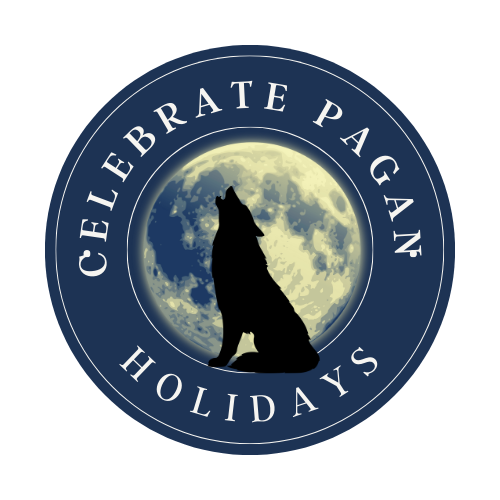
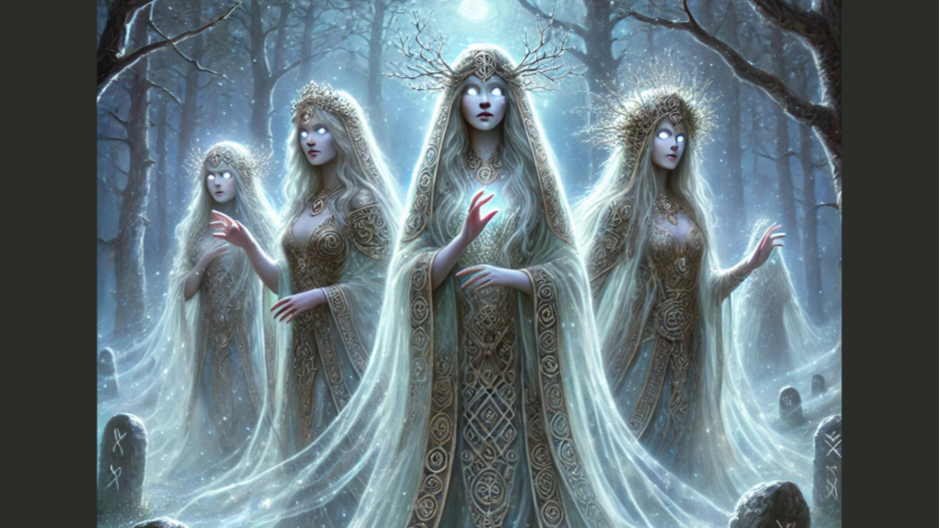


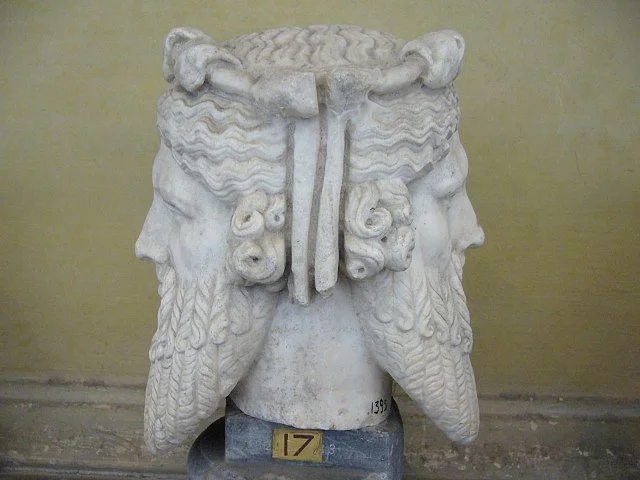


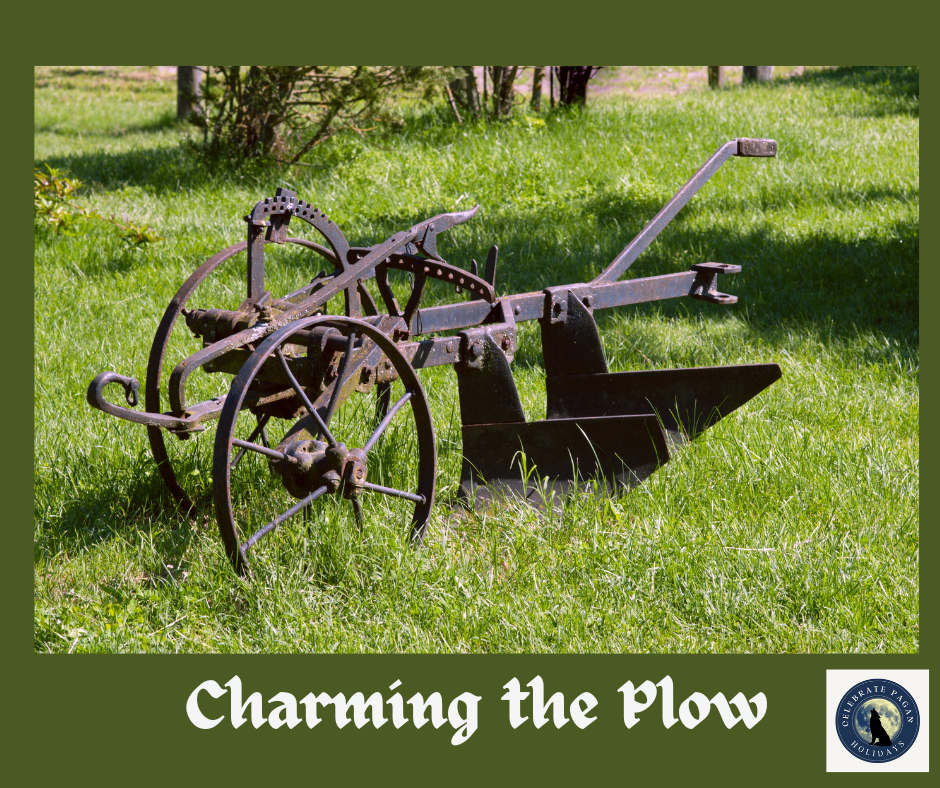
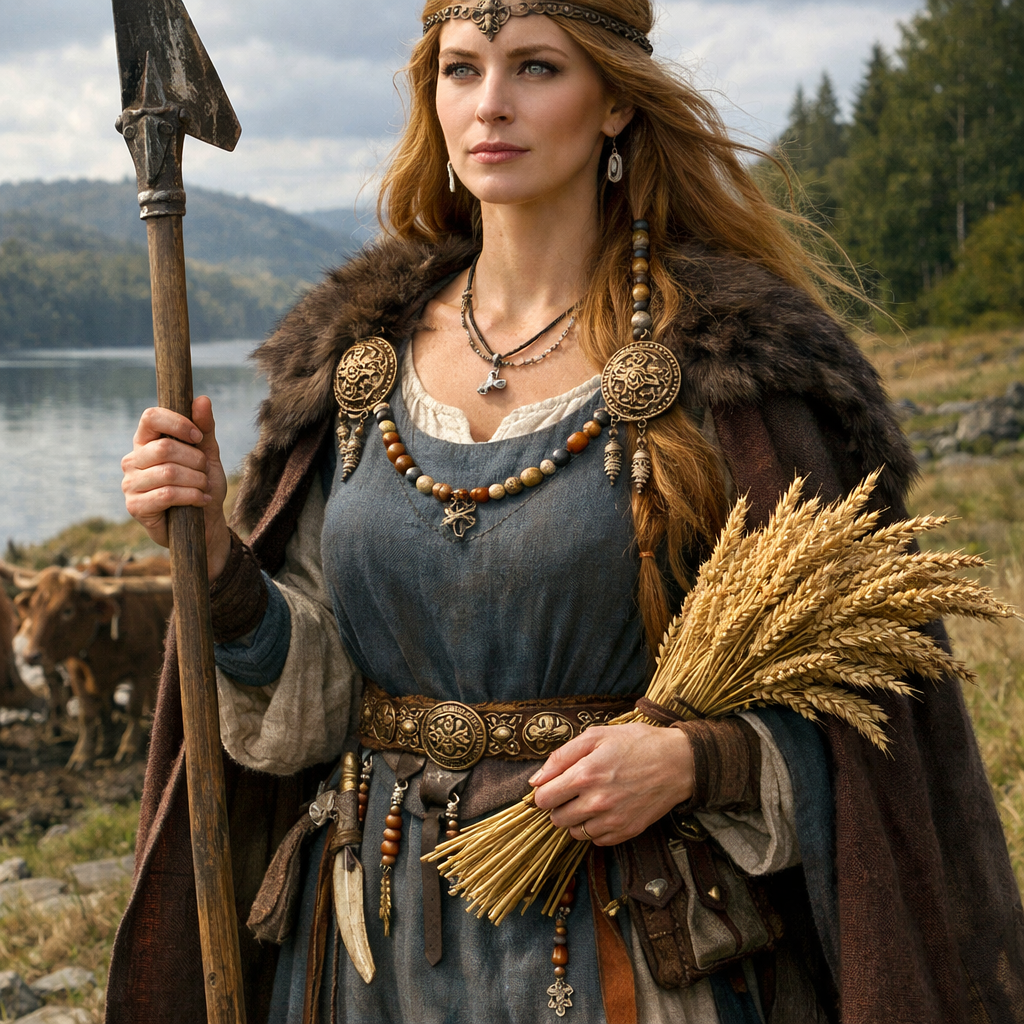

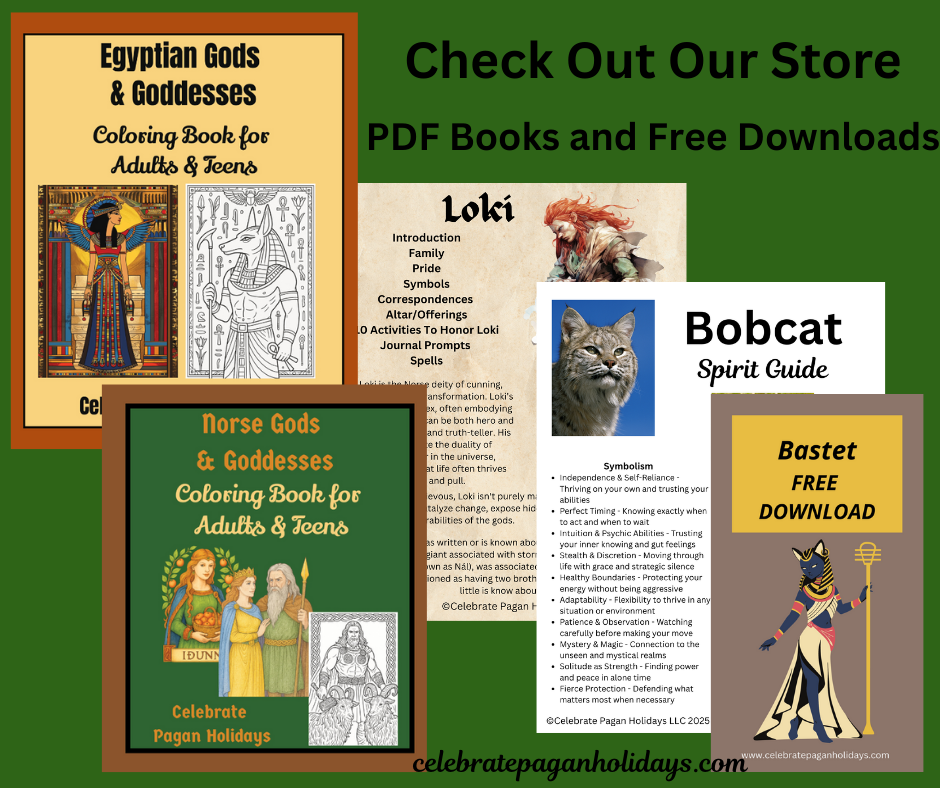




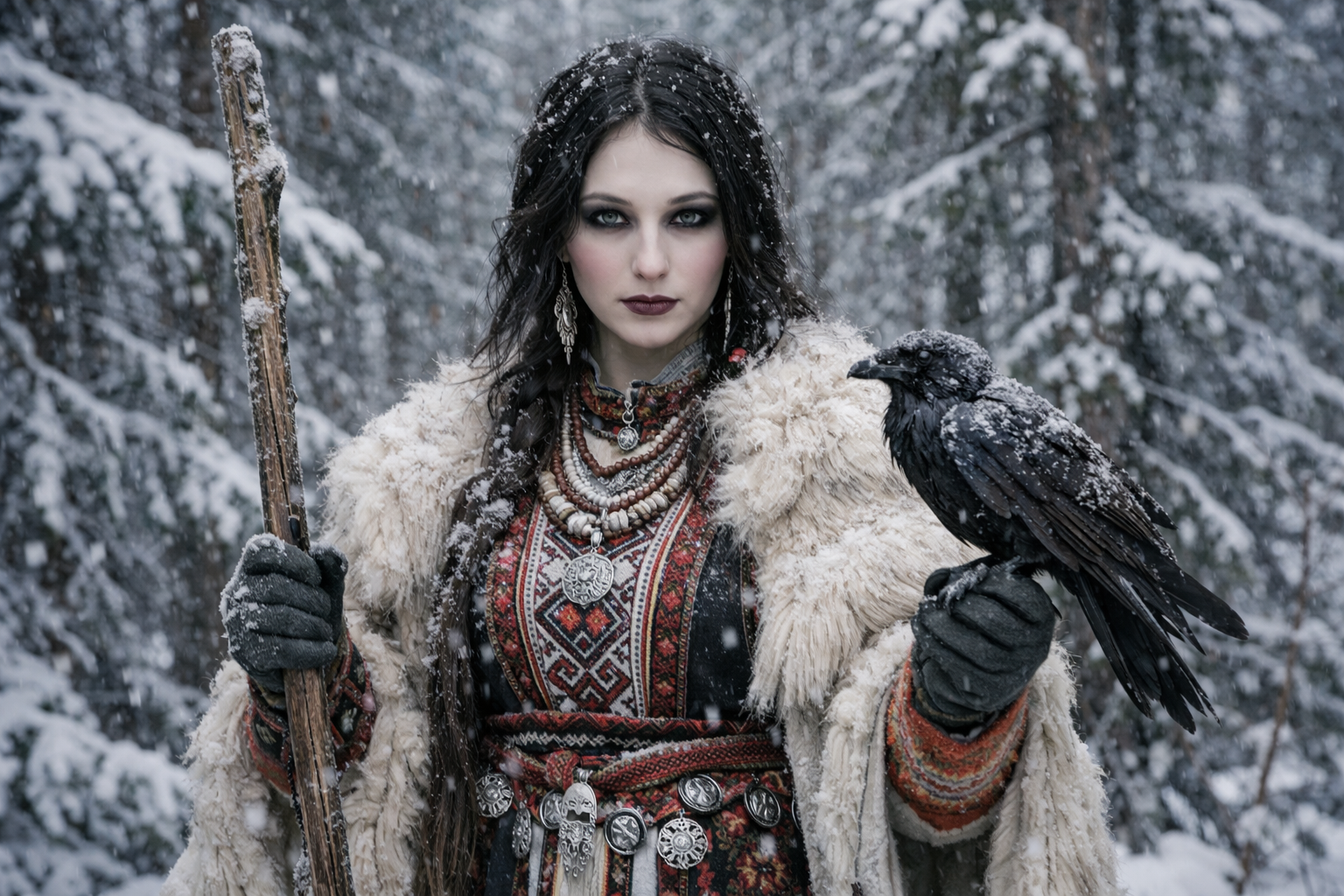
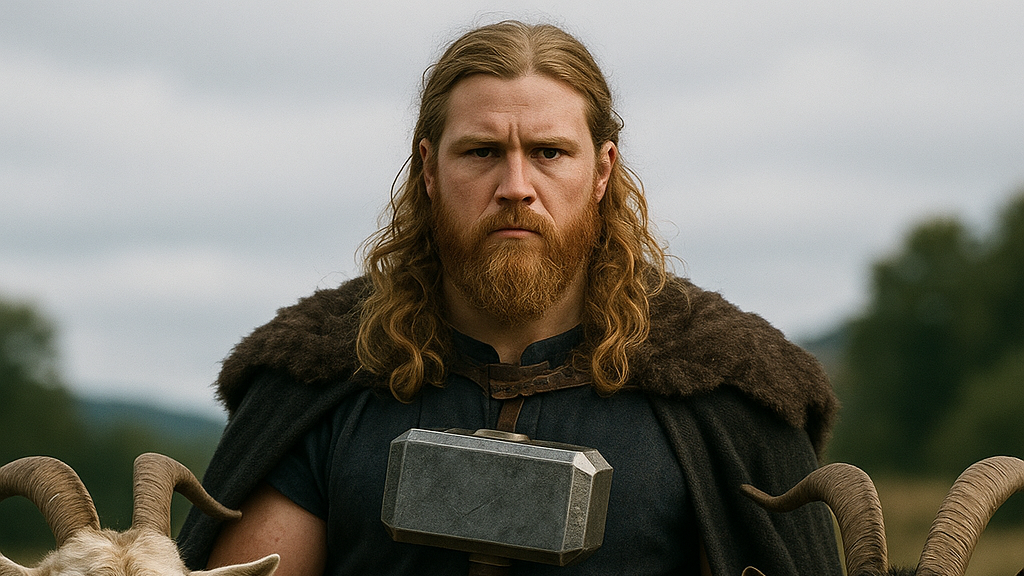













Norse religion, also known as Germanic paganism or Heathenry, is a spiritual path that has deep roots in the traditions of Scandinavian and Germanic peoples, dating back to roughly the 1st century CE.
Far from being a primitive belief system, Norse religion is a sophisticated worldview that continues to shape the lives of modern practitioners across the globe.